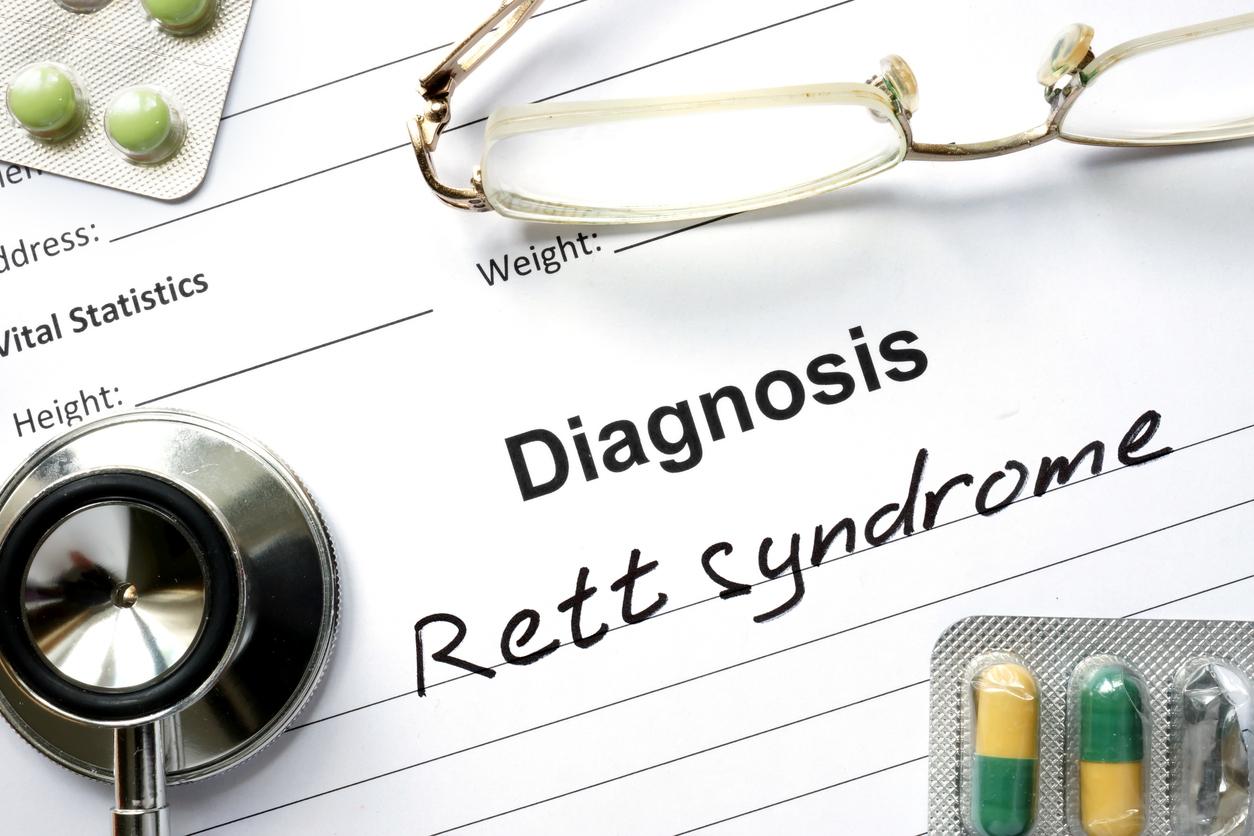Virologist Océane Sorel, better known by her pseudonym “The French Virologist”, regularly shares health tips and advice via her Instagram account. This time, she draws our attention to the potential dangers linked to spores of Bacillus cereus. These bacteria are found naturally in the environment and can contaminate many foods basic foods that we consume every day. However, the real problem lies in the ability of these spores to germinate and develop into bacteria, thus producing a toxin potentially dangerous for our health.
A Belgian student also paid the price in 2008: after having reheated spaghetti that had been cooked five days previously and left in the open air in the kitchen, he experienced severe abdominal pain, nausea and headaches. The next day, he was found lifeless in his bed. The autopsy revealed necrosis of the liver, as well as possible signs of acute pancreatitis. Fecal samples revealed the presence of Bacillus cereus. The student’s death was the subject of a case study published in the journal Journal of Clinical Microbiology.
What are the food safety measures to avoid the risk of contamination?
Océane Sorel informs us that one of the measures consists of preserve quickly rice and pasta dishes in the refrigerator after cooking, preferably within two hours. It is important to note that cooking itself does not destroy these spores, and they can begin to germinate as soon as the food cools to room temperature, i.e. between 4°C and 55°C. Ingestion of toxins produced by Bacillus cereus spores can cause unpleasant symptoms such as nausea, vomiting, abdominal cramps and, in some cases, diarrhea.
“The problem lies in the preparation and storage of food”
The specialist explains that there is no danger in the method of batch cooking, consists of defining the menus for the week and then preparing several meals at once, but rather in bad habits when it comes to preparing and storing food. The solution therefore lies in proper handling and storage of cooked foods. If you refrigerate pasta and rice promptly after cooking and consume it within three days, you will greatly reduce the risk.
“Bacillus cereus spores do not only affect pasta and rice”
The virologist informs us that: “Bacillus cereus spores are not limited to just pasta and rice. Other foods such as semolinareconstituted mousseline puree, sachet soups once rehydrated, and many others, may also be affected. She specifies that cooked foods, often considered harmless, can sometimes become potential sources of health problems if the necessary precautions are not taken. The virologist concludes by recommending sharing this information to to raise awareness at risk and encourage the adoption of good eating practices.

















